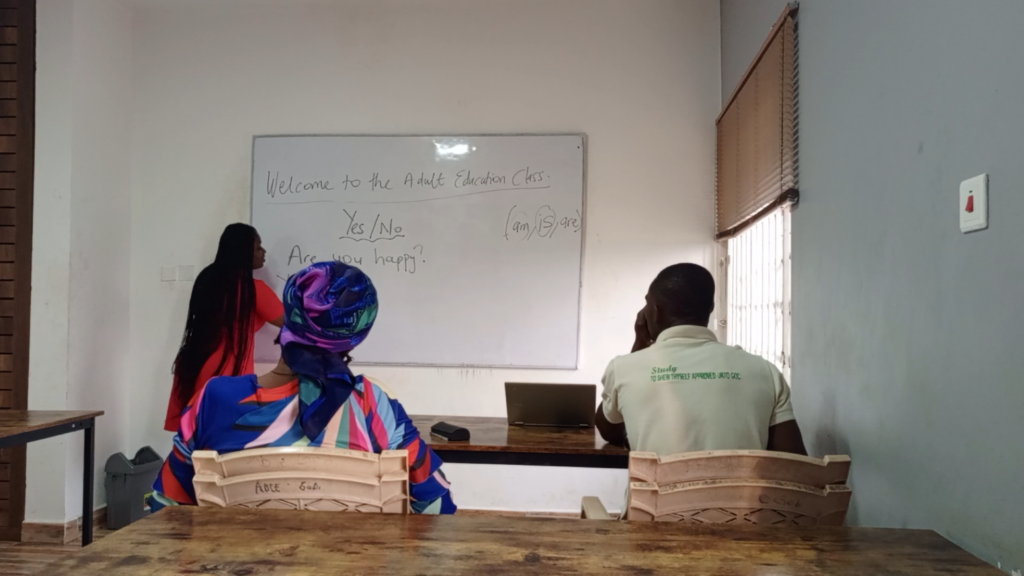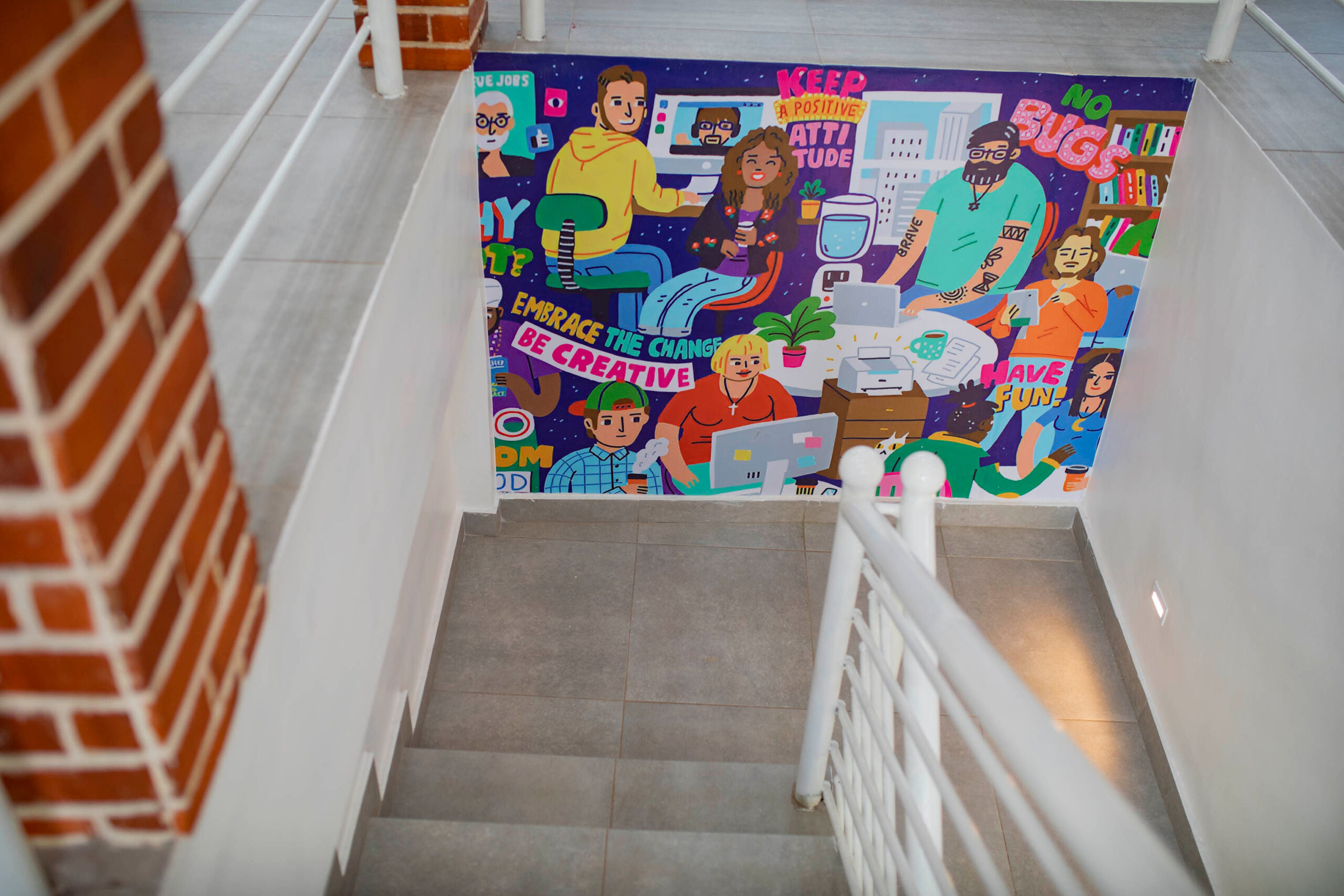Adult education is a broad field designed by the Kehillah Public Library to meet the diverse needs of adult learners, focusing on both personal and professional development. Here’s a deeper dive into key aspects of adult education:

Free Adult Education Classes
Adult education is a vital component of lifelong learning, providing opportunities for individuals to continue their education, improve their skills, and adapt to an ever-changing world. The flexibility and variety of programs available ensure that adult learners can find educational paths that meet their unique needs and goals.
Types of Adult Education
Basic Adult Education: This includes literacy and numeracy programs, high school equivalency (like the GED in the U.S.), and adult secondary education programs for individuals who did not complete formal schooling. These programs help individuals acquire essential skills for everyday life and employment.
Workforce Development and Vocational Training: These programs are aimed at developing job-specific skills that improve employability. Courses might cover trades like carpentry, electrical work, healthcare, IT, or culinary arts. The focus is on practical, hands-on learning that equips students with immediately applicable skills.
Higher Education: Adults may return to college to pursue undergraduate or graduate degrees. Many universities offer flexible schedules, including evening, weekend, or online classes, to accommodate working adults.
Continuing Professional Education: This includes post-degree programs designed for professionals to stay updated in their fields or advance in their careers. Lawyers, healthcare professionals, engineers, and other specialized workers often need to complete continuing education credits to maintain their certifications or licenses.
Personal Enrichment Courses: Many adults pursue learning for personal satisfaction, which can include subjects like art, music, history, languages, fitness, or computer skills. These are typically offered through community colleges, universities, libraries, and online platforms like Coursera, edX, or Udemy.
Parent and Community Engagement
Workshops for Parents: Free vacation classes could also extend to parents, offering parenting workshops that focus on mental health, stress management, and family dynamics. This not only helps parents but also supports the well-being of the whole family unit.
Community Collaboration: Involving community organizations in offering free classes builds connections between the school, students, and the broader community, fostering a sense of support and shared purpose.
Characteristics of Adult Learners
Adult learners are distinct from younger learners in several ways:
- Self-Directed Learning: Adults tend to be more self-motivated and often have specific goals for their education. They bring life experiences that influence their learning styles and expectations.
- Practical Orientation: Adult learners typically want education that has immediate relevance to their lives, especially in terms of job skills or personal interests. They often prefer hands-on, practical learning experiences over theoretical ones.
- Time Constraints: Many adult learners juggle multiple responsibilities, such as jobs, families, or other commitments. As a result, they require flexible learning formats, such as part-time, online, or hybrid courses.
- Learning Barriers: Adults may face barriers such as fear of returning to school after a long absence, lack of confidence, or time management challenges. Programs designed for adults often incorporate support services like tutoring, counseling, and career advising.
Delivery Methods
- Traditional Classroom Learning: Some adult learners prefer face-to-face interaction with instructors and peers in a traditional classroom setting. This method often works well for those who need structure or value interpersonal interaction.
- Online Learning: Digital platforms have transformed adult education by making learning more accessible. Online courses provide flexibility, allowing adults to learn at their own pace and schedule. This method is particularly popular for busy professionals or people who cannot commute to a physical campus.
- Hybrid Learning: A blend of in-person and online instruction, hybrid models offer flexibility while maintaining some personal interaction.
- On-the-Job Training: For vocational and technical training, many adults engage in apprenticeship or internship programs that combine classroom learning with real-world experience.
Key Benefits of Adult Education
- Career Advancement: Adult education allows individuals to gain new qualifications or certifications that can help them advance in their current careers or switch to new ones.
- Personal Growth: Many adults seek education for personal fulfillment, self-improvement, or to pursue lifelong passions.
- Social and Community Benefits: Adult education helps improve social mobility and economic opportunities, particularly for disadvantaged populations. It also fosters a more educated workforce, which benefits communities and society as a whole.
- Adaptation to Technological Changes: Given the rapid pace of technological change, adult education helps workers stay competitive in fields like IT, engineering, and healthcare, where new tools and methods are constantly emerging.
Challenges in Adult Education
- Cost: While many programs are affordable or even free, others can be expensive, especially those offered by universities or private institutions.
- Access: Not all adults have access to education programs, especially in rural or underfunded areas. This is where online programs have had a significant impact, though digital literacy remains a barrier for some.
- Motivation and Time Management: Balancing education with work, family, and other commitments can be difficult for many adult learners, leading to challenges with motivation and time management.
Global Perspective
Adult education is not only prevalent in developed countries but is also crucial in developing countries. In these regions, adult education initiatives are often focused on literacy, health education, financial literacy, and skills training. Programs are designed to empower individuals and improve their quality of life, helping them become more self-sufficient and contribute to their communities.
